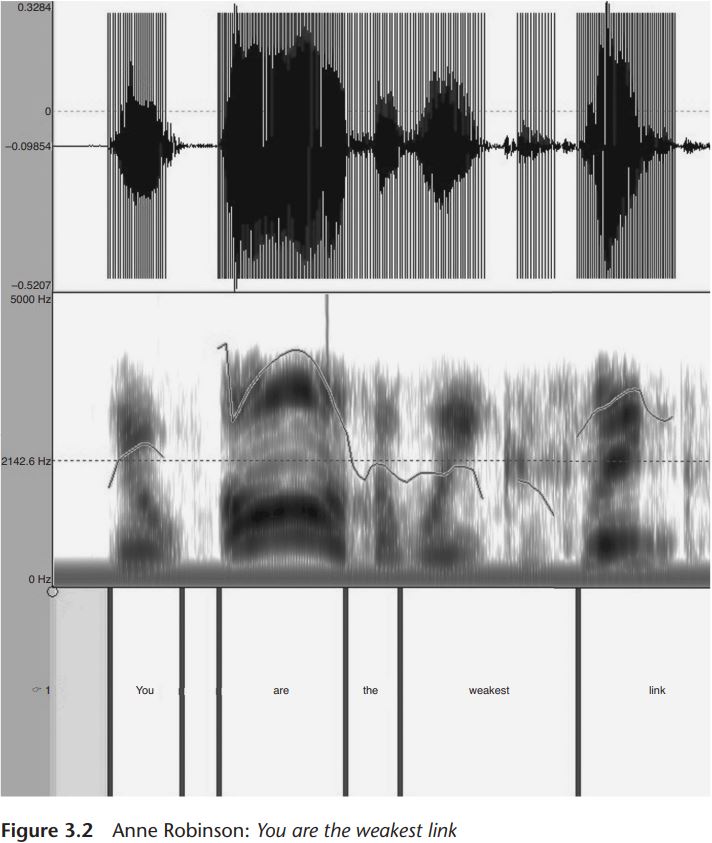

Grammar


Tenses


Present

Present Simple

Present Continuous

Present Perfect

Present Perfect Continuous


Past

Past Simple

Past Continuous

Past Perfect

Past Perfect Continuous


Future

Future Simple

Future Continuous

Future Perfect

Future Perfect Continuous


Parts Of Speech


Nouns

Countable and uncountable nouns

Verbal nouns

Singular and Plural nouns

Proper nouns

Nouns gender

Nouns definition

Concrete nouns

Abstract nouns

Common nouns

Collective nouns

Definition Of Nouns

Animate and Inanimate nouns

Nouns


Verbs

Stative and dynamic verbs

Finite and nonfinite verbs

To be verbs

Transitive and intransitive verbs

Auxiliary verbs

Modal verbs

Regular and irregular verbs

Action verbs

Verbs


Adverbs

Relative adverbs

Interrogative adverbs

Adverbs of time

Adverbs of place

Adverbs of reason

Adverbs of quantity

Adverbs of manner

Adverbs of frequency

Adverbs of affirmation

Adverbs


Adjectives

Quantitative adjective

Proper adjective

Possessive adjective

Numeral adjective

Interrogative adjective

Distributive adjective

Descriptive adjective

Demonstrative adjective


Pronouns

Subject pronoun

Relative pronoun

Reflexive pronoun

Reciprocal pronoun

Possessive pronoun

Personal pronoun

Interrogative pronoun

Indefinite pronoun

Emphatic pronoun

Distributive pronoun

Demonstrative pronoun

Pronouns


Pre Position


Preposition by function

Time preposition

Reason preposition

Possession preposition

Place preposition

Phrases preposition

Origin preposition

Measure preposition

Direction preposition

Contrast preposition

Agent preposition


Preposition by construction

Simple preposition

Phrase preposition

Double preposition

Compound preposition

prepositions


Conjunctions

Subordinating conjunction

Correlative conjunction

Coordinating conjunction

Conjunctive adverbs

conjunctions


Interjections

Express calling interjection

Phrases

Sentences


Grammar Rules

Passive and Active

Preference

Requests and offers

wishes

Be used to

Some and any

Could have done

Describing people

Giving advices

Possession

Comparative and superlative

Giving Reason

Making Suggestions

Apologizing

Forming questions

Since and for

Directions

Obligation

Adverbials

invitation

Articles

Imaginary condition

Zero conditional

First conditional

Second conditional

Third conditional

Reported speech

Demonstratives

Determiners


Linguistics

Phonetics

Phonology

Linguistics fields

Syntax

Morphology

Semantics

pragmatics

History

Writing

Grammar

Phonetics and Phonology

Semiotics


Reading Comprehension

Elementary

Intermediate

Advanced


Teaching Methods

Teaching Strategies

Assessment
Focus and prosodic prominence
المؤلف:
Jonathan Culpeper and Michael Haugh
المصدر:
Pragmatics and the English Language
الجزء والصفحة:
67-3
4-5-2022
736
Focus and prosodic prominence
Sentences are almost always spoken with a particular part being more prominent than the rest. That part carries a focal accent, a word or syllable that is made prosodically prominent through marked pitch, amplitude and duration. The important point for us is that the focal accent generally indicates what the speaker is presenting as new information, it indicates cognitive focus (a case where this would not be so, for example, is marking a shift in discourse topic). Consider the following sentences (capitals are used to mark the focal accent):

Let us add possible contexts to our examples and spell out possible implications for information:
Jonathan gave his students chocolate [Jonathan does not have a reputation for generosity, though others do, so it is quite a surprise that he gave something]
Jonathan GAVE his students chocolate [Jonathan rarely gives people things, though others do, so it is quite a surprise that he gave something]
JOnathan gave HIS students chocolate [Jonathan is peculiarly mean to his own students, though he is very generous to other students, so it is quite a surprise that he gave his students something]
Jonathan gave his STUdents chocolate [Jonathan doesn’t usually give his students things, though he is very generous to other people, so it is quite a surprise that he gave his students something]
Jonathan gave his students CHOcolate [For years, Jonathan has given his students fruit, so it is quite a surprise that he gave his students chocolate]
Jonathan gave his students CHOcolate [For years, Jonathan has given his students fruit, so it is quite a surprise that he gave his students chocolate]
It is worth observing that the focal accent can overrule the normal ordering of topic and focus, both semantically and cognitively. This happens in the first case listed above, JOnathan gave his students chocolate. Without the focal accent here, Jonathan is clearly the topic and the rest of the sentence has endfocus. But with the focal accent it seems to be the other way round. One can think of plausible contexts. Imagine that this sentence follows a discourse on staff giving their students chocolates. In this case, giving students chocolate seems to be what the sentence is about and is old information, that is, it is the topic. The fact that Jonathan actually did it is what is being said about the topic and is new information, that is, it is the focus.
Let us briefly consider a real example. Anne Robinson, the host of the confrontational TV quiz show The Weakest Link, is famed for being dismissive and rude. After a round of questions the person who (at least theoretically) got the most answers wrong is voted off and Anne announces the verdict with the words you are the weakest link. Figure 3.2 offers a visualization of her prosody (it is produced with Praat, www.praat.org). The first tier represents amplitude, the second the pitch and the third the words she spoke.

It is clear from the peaking of amplitude and pitch that the word are carries the focal accent. Its presence here seems to convey the meaning: “despite any indications or protestations you might have given to the contrary, the news is that you most certainly are the weakest link.”
 الاكثر قراءة في pragmatics
الاكثر قراءة في pragmatics
 اخر الاخبار
اخر الاخبار
اخبار العتبة العباسية المقدسة

الآخبار الصحية















 قسم الشؤون الفكرية يصدر كتاباً يوثق تاريخ السدانة في العتبة العباسية المقدسة
قسم الشؤون الفكرية يصدر كتاباً يوثق تاريخ السدانة في العتبة العباسية المقدسة "المهمة".. إصدار قصصي يوثّق القصص الفائزة في مسابقة فتوى الدفاع المقدسة للقصة القصيرة
"المهمة".. إصدار قصصي يوثّق القصص الفائزة في مسابقة فتوى الدفاع المقدسة للقصة القصيرة (نوافذ).. إصدار أدبي يوثق القصص الفائزة في مسابقة الإمام العسكري (عليه السلام)
(نوافذ).. إصدار أدبي يوثق القصص الفائزة في مسابقة الإمام العسكري (عليه السلام)


















